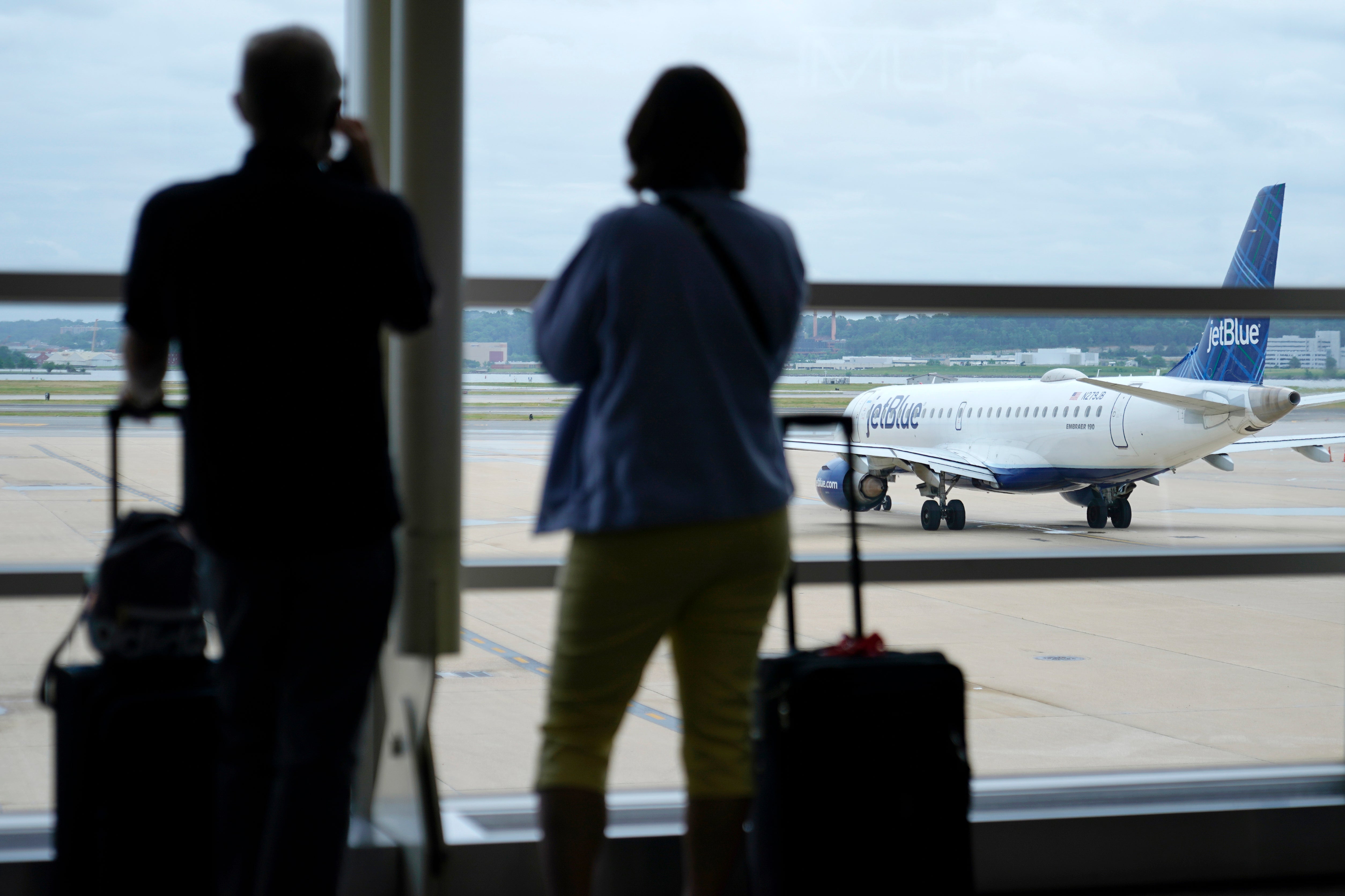Commercial pilots rattled by surge of GPS spoofing attacks sending them bogus signals
GPS spoofing refers to the deliberate transmission of fake signals aimed at manipulating the perceived location of a receiver

Commercial pilots have raised concern over an increasing number of “GPS Spoofing” incidents, during which they are sent bogus signals while flying.
Aviation officials and regulators have said that spoofed Global Positioning System signals are spreading beyond active conflict zones, and have seen a recent surge – resulting in more than 1,000 flights being affected every day in August.
GPS spoofing refers to the deliberate transmission of fake signals aimed at manipulating the perceived location of a receiver, according to SkAI Data Services.
Such manipulation causes the receiver to erroneously believe it is situated in a different location than its actual position. However, GPS spoofing differs from GPS jamming, which involves the disruption of GPS signals, thereby preventing the receiver from determining its location altogether.
Confusing navigation and safety systems has been known to be used tactically in war zones including the Middle East and Ukraine to ward off drones and missiles.

But, according to The Wall Street Journal – which cited pilots and aviation experts – attacks began affecting a large number of commercial flights about a year ago.
The number of flights affected daily has surged from a few dozen in February to more than 1,100 in August, according to analyses from SkAI Data Services and the Zurich University of Applied Sciences.
Christopher Behnam, a retired Boeing captain at United Airlines, said he frequently encountered GPS interference flying into the Middle East.
“We are trained for these things, so you stay calm and you just follow the procedure,” Behnam told the WSJ. However he said that, in certain circumstances, such attacks could be “very, very alarming.”
As a result of the increased attacks airlines and aircraft manufacturers are now working with regulators, including the Federal Aviation Administration (FAA) to develop short-term workarounds and longer-term fixes.

Equipment standards designed to protect civilian aircraft against spoofing won’t be issued until next year at the earliest, people familiar with the matter told WSJ.
Carriers including United and American Airlines have since begun discussing new procedures that would allow pilots to reset cockpit circuit breakers when confronted with false GPS data.
The airlines say their pilots are equipped with several ways to navigate precisely should they be confronted with GPS interference.
The FAA also said earlier this year that it had found no proof of intentional interference and was continuing to examine the cause.
Despite this the number of instances has grown globally, with flight operations in Europe disrupted by GPS Spoofing – though no flights have been endangered thus far, according to Florian Guillermet, executive director of the European Union Aviation Safety Agency.
“The risk is growing in terms of the number of occurrences,” Guillermet said in June.
Join our commenting forum
Join thought-provoking conversations, follow other Independent readers and see their replies
Comments